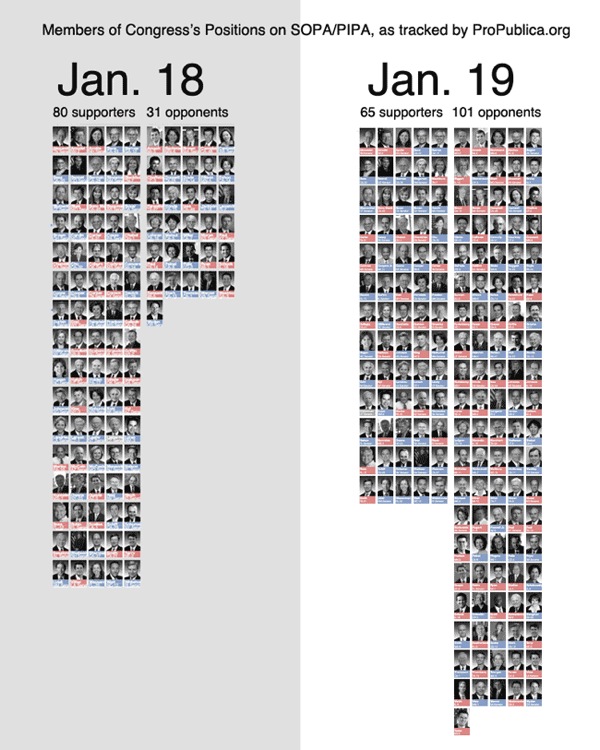Soapy: Can This Plug-In Kill SOPA?
January 12, 2012 by Zachary Sniderman
“Like crispy bacon, I crave censorship circumvention,” reads the website for Soapy, a Firefox plug-in that will allow users to visit websites blocked by the Stop Online Piracy Act (SOPA) if it is passed.
SOPA, intended to punish copyright infringement on the web, has caused quite a stir in the Internet community. Thousands of people, including tech giants such as Facebook and Google , have opposed the bill, saying it would effectively censor the web and place unfair demands on content providers — who would be responsible for all copyright infringements on their site, even if those infringements were user-submitted.
This would be a nightmare for sites like YouTube or Reddit, which could be shut down if SOPA passes.
Not so, says Soapy. The plug-in claims it will allow users to get to these sites even if the government drops the hammer. The process is relatively fool proof, according to Soapy’s creator Griffin Boyce
Soapy works by automatically redirecting users to the website’s server directly. It replaces the DNS system entirely for these blocked websites.
Domain Name Servers match domains like Google.com to their server’s IP address (in this case http://74.125.224.72/ ). This process is usually invisible to the user, but you can access Google’s site by using their IP address as well
Most blocked sites are blocked through those Domain Name Servers. So in basic terms: Soapy let’s you access these blocked websites by directly searching for and linking you to a website’s IP address. Soapy acts like a rolodex of IP addresses, effectively circumventing SOPA blockades.
There is a clear message behind the plug-in: If anyone can access blocked websites anyways, what’s the point of SOPA?
Boyce is pre-empting his own site being shut down by putting his code up on Github as an open source download. There’s not much use for Soapy right now, but Boyce’s idea is that coders, hackers and informed consumers will download the plug-in and turn it active should SOPA get passed.
The plug-in is only available for Firefox, but Boyce is working on a Chrome version and a stand-alone app version for both Windows and Mac OSX. Right now, the plug-in will only get around DNS-style blocking and users are reporting some issues, though fixes are constantly being rolled out.
Will the Internet always be one step ahead of legislation? Is Soapy a SOPA-killer?


